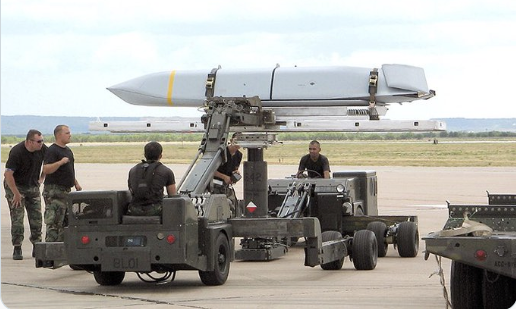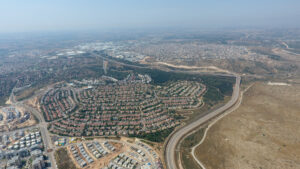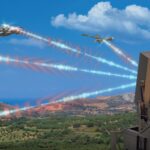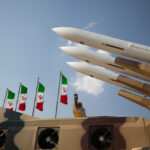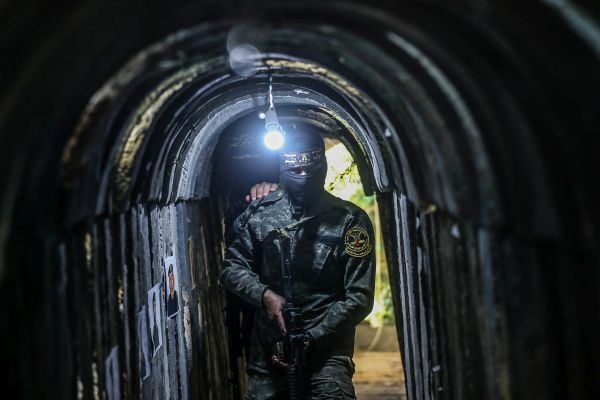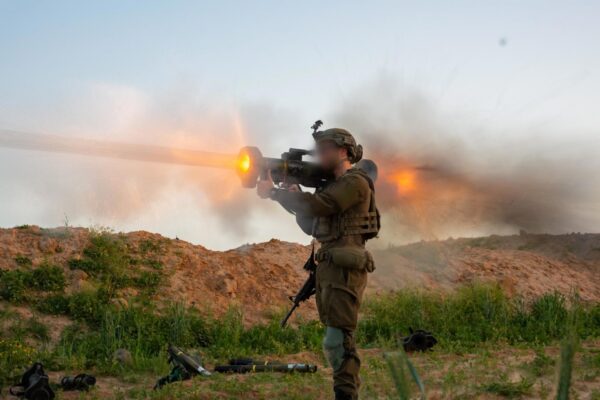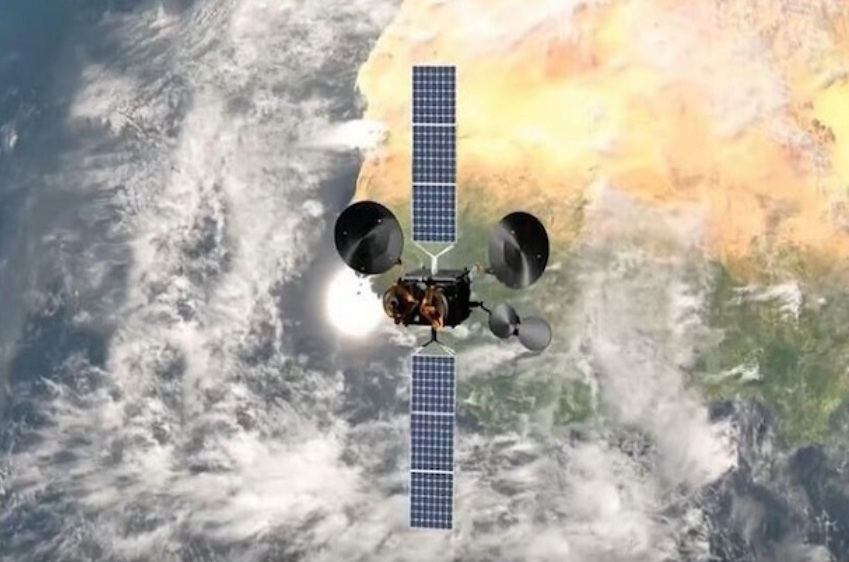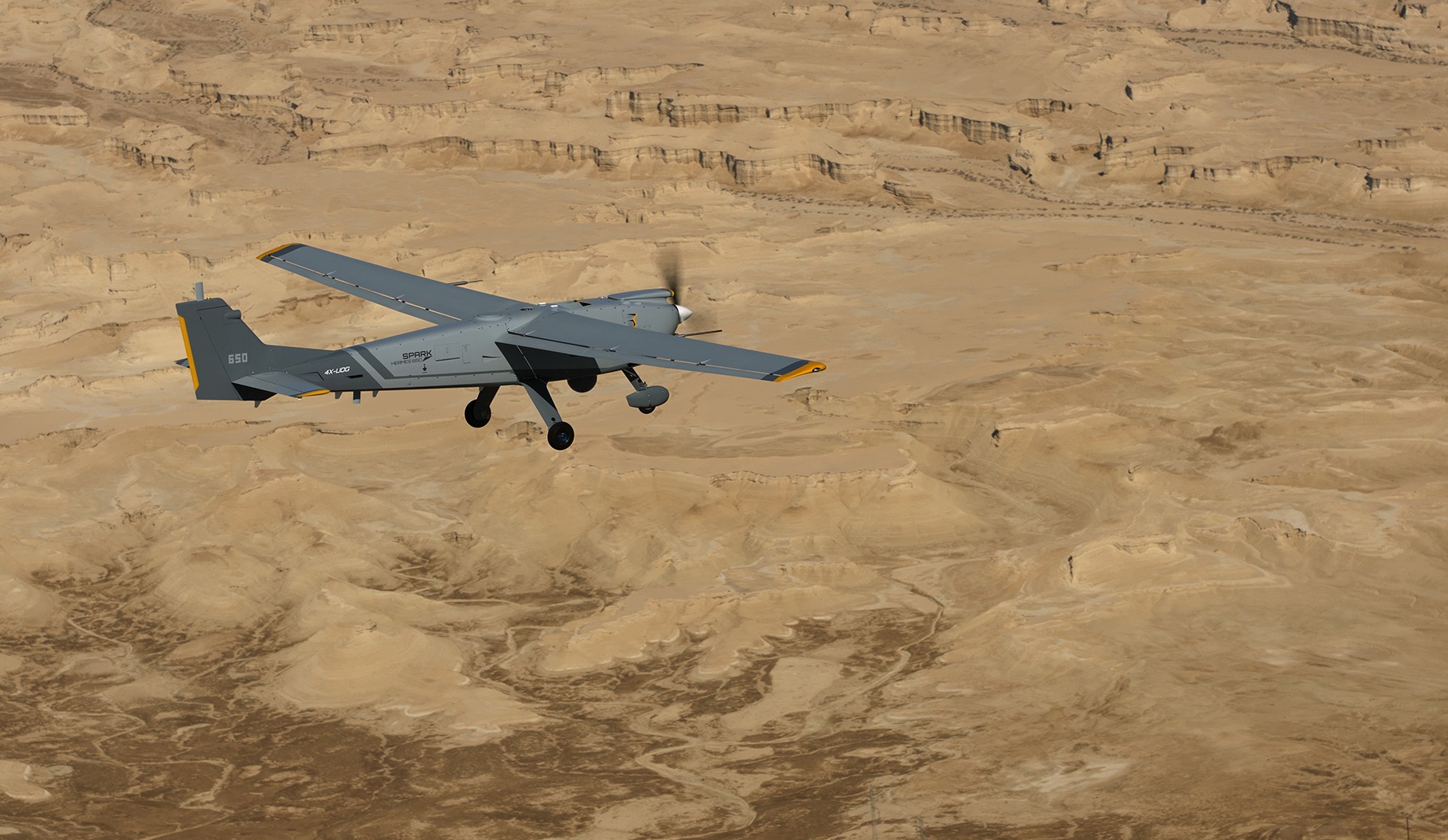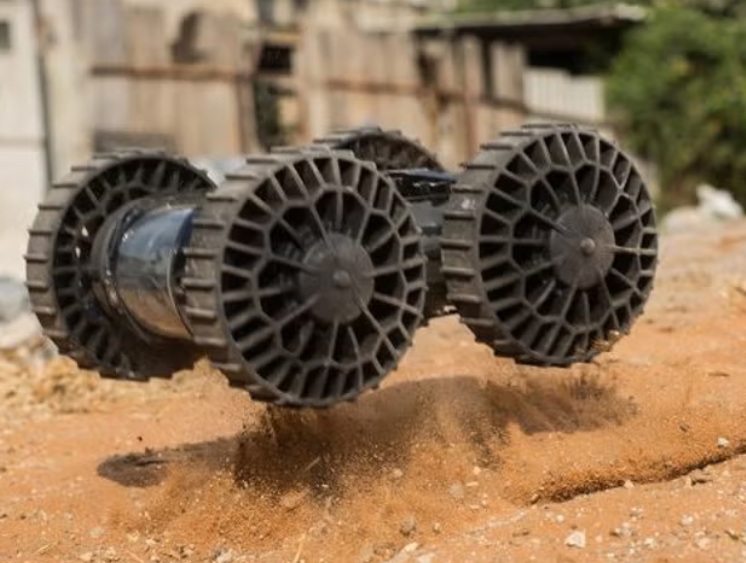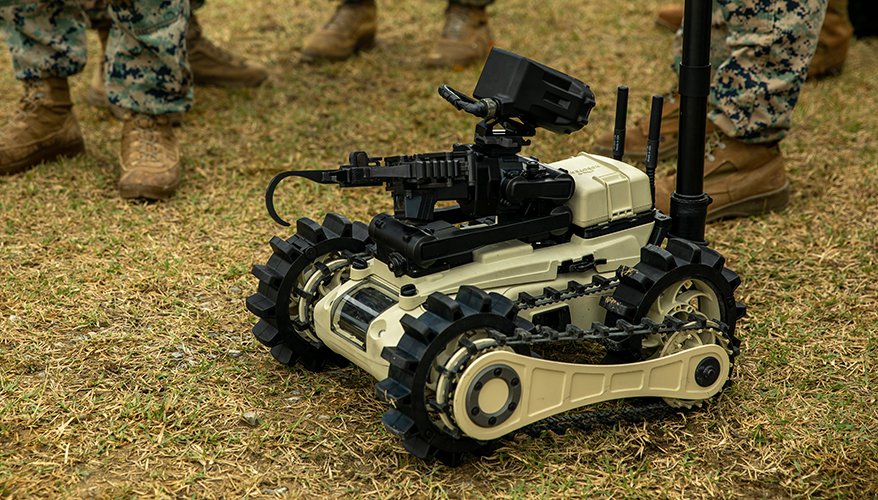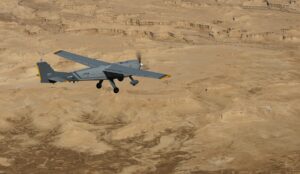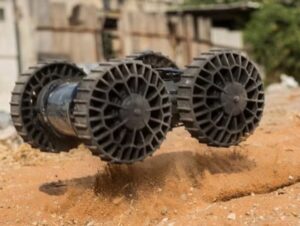Advanced cruise missile could bolster the IDF’s long-range strike capabilities amid tensions with Iran.
By David Brummer
Israel is in advanced negotiations with the United States to acquire Joint Air-to-Surface Standoff Missiles (JASSM), according to a report first published by Globes.
The missiles, manufactured by U.S. defense giant Lockheed Martin, carry a hefty $1.5 million price tag apiece and represent a major upgrade in Israel’s ability to strike distant, fortified targets.
Two Israeli defense officials confirmed to Globes that talks are ongoing, with the Ministry of Defense exploring the purchase of the JASSM-ER, an extended-range variant capable of hitting targets up to 930 kilometers away.
The JASSM’s key features include radar-evading stealth, an armor-piercing 450-kilogram warhead, and infrared target-tracking technology—all designed to enable precise strikes from beyond enemy air defenses.
The move would place Israel among a small circle of allies granted access to this advanced weaponry.
Australia and Poland are currently the primary non-U.S. customers, with Poland’s most recent order including enhanced navigation, hardened satellite links, and improved resistance to jamming.
A U.S. decision last year to withhold the missile from Ukraine—due to concerns over the country’s lack of air superiority—illustrates Washington’s caution in sharing the technology.
Lockheed Martin has ramped up production in response to growing demand.
In 2022, the company opened a new facility to meet rising orders, including a 2024 Pentagon deal for 550 JASSM-ER missiles, surpassing the total number purchased over the previous five years combined.
The potential sale to Israel has attracted the attention of U.S. defense analysts.
In a March article for the Foundation for Defense of Democracies, authors Ryan Brobst, Bradley Bowman, and Rear Admiral (Ret.) Mark Montgomery argued that JASSM-ER would fill a growing gap in Israel’s arsenal, particularly as it contemplates future confrontations with Iran.
Israel’s limited inventory of standoff ballistic missiles like Rampage and Rocks, they warned, might not suffice for wide-scale operations.
While the JASSM-ER cannot destroy deeply buried nuclear facilities such as Fordow and Natanz, analysts believe it could be key in disabling Iranian radar, air defenses, and command-and-control hubs—potentially paving the way for deeper, follow-up strikes.
The Israeli Ministry of Defense has not commented on the report.
A Lockheed Martin spokesperson said that “foreign military sales are government-to-government transactions,” and referred further questions to the U.S. government.


